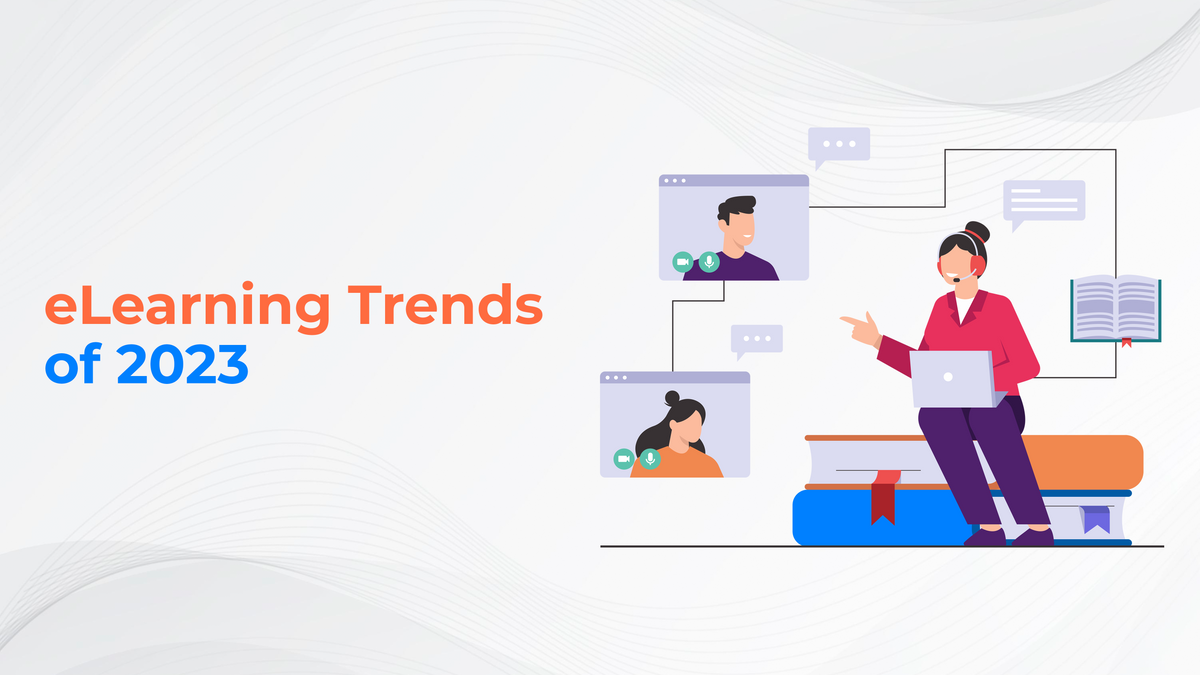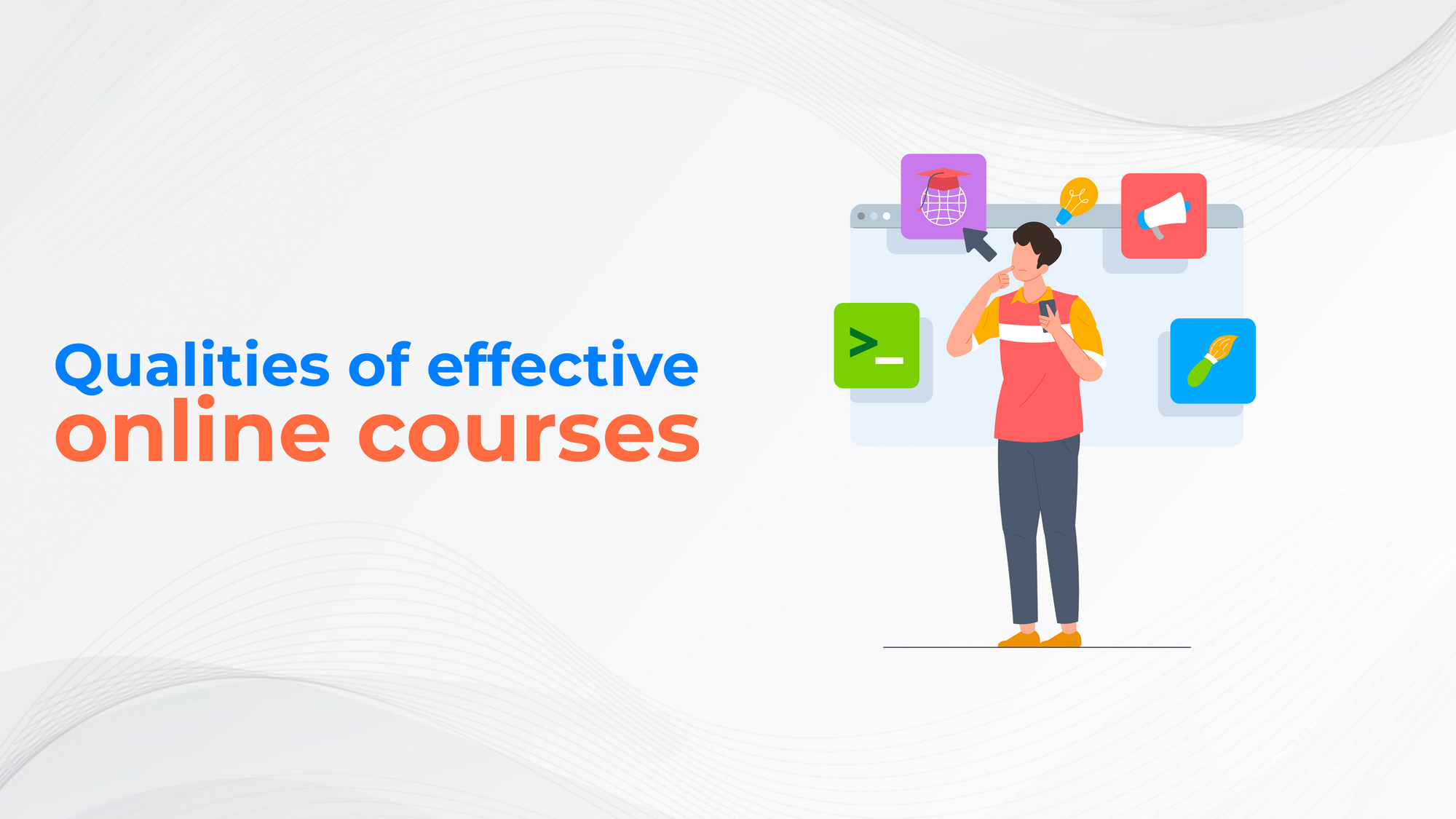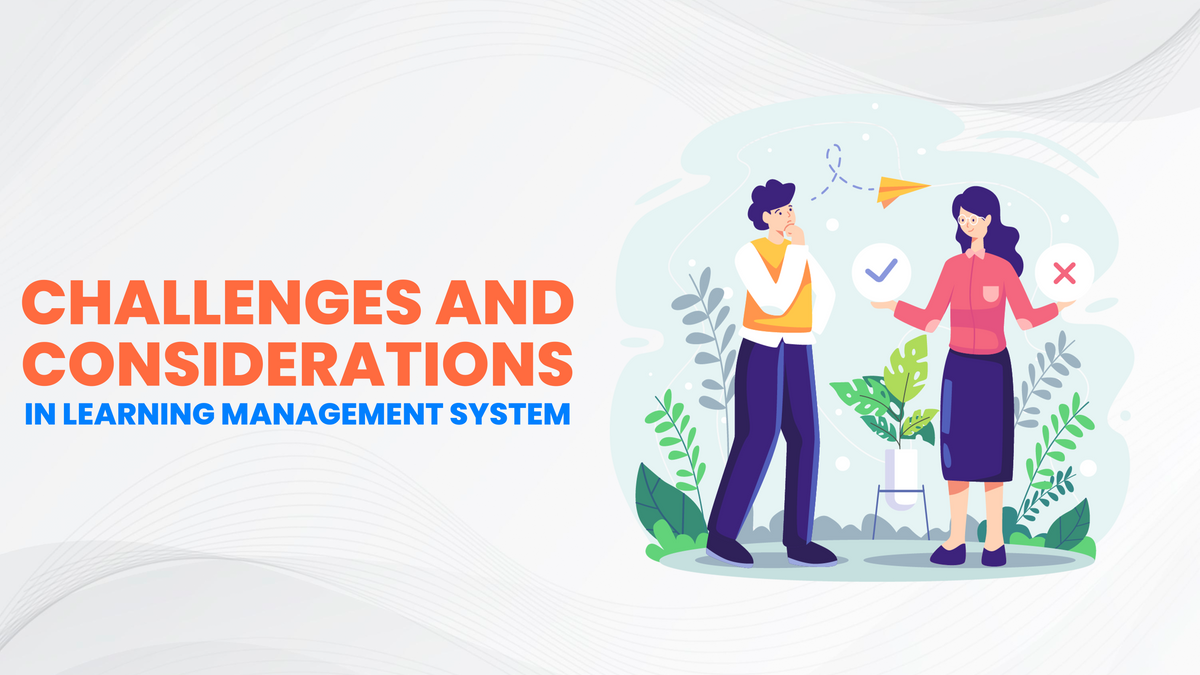What is eLearning?
eLearning is an increasingly popular educational approach that allows individuals to access information and education from anywhere. It has revolutionized how people learn, offering accessibility and flexibility in how they can study or receive training. With technology, eLearning has helped make learning more cost-effective and accessible to a larger global audience than ever before. It is used by traditional academic institutions and businesses, governments, and other organizations for training purposes.
2023 Trends in eLearning
eLearning is an ever-evolving field with new trends and developments emerging each year. As we approach 2023, the eLearning landscape is being shaped by more innovative technologies and user experiences. Here, we take a look at some of the key trends expected to be seen in eLearning over the coming year.
Firstly, there will be increased demand for automated learning solutions designed to provide learners with a personalized experience tailored to their individual needs. This will involve the use of machine learning algorithms that learn from users’ interactions and behavior in order to create tailored content that matches their interests and goals. In addition, artificial intelligence (AI) powered technologies are set to become increasingly popular as they allow instructors to quickly grade tests, assignments, and other course material faster than they ever could before.
Rise of Virtual Classrooms
Virtual classrooms have seen a surge in popularity over the past few years, with more schools transitioning to online learning. As a result, virtual classrooms have become an increasingly popular choice for students of all ages.
A virtual classroom is any type of educational environment that exists entirely online and is often used to supplement in-person learning. This type of learning technology allows teachers and students to interact remotely through video conferencing or other digital means while accessing course materials such as lectures, slideshows, quizzes, and more. The use of this technology has grown tremendously due to its convenient access, cost-effectiveness, and adaptability. It has allowed education providers to reach a wider range of learners regardless of their location or schedule restrictions.
Online Exam Assessment
Online exam assessment is an increasingly popular method of evaluating the performance of students. It involves the use of electronic devices such as computers or tablets to assess student understanding and skills in various subject areas. Online exams are a convenient and cost-effective way for institutions to evaluate their students’ learning outcomes, providing valuable feedback on progress, performance, and overall educational attainment.
The advantages of online exam assessment are numerous. For example, it allows for greater flexibility when compared to traditional paper-based tests, as they can be taken anytime and anywhere with internet access. This makes it easier for students who have limited time or physical access to testing centers due to geographical distance or other circumstances. Additionally, online exams offer more engaging test formats that allow for multimedia content such as videos and audio recordings which can help improve understanding by making the material more interactive and dynamic.
AI and Adaptive Learning
In the era of modern technology, Artificial Intelligence (AI) is becoming increasingly prevalent across many aspects of our lives. AI and adaptive learning methods are being used to enhance existing educational systems in order to create personalized experiences for individuals. By leveraging this technology, teachers can tailor instruction and assessments to better meet the needs of their students.
AI has already been successfully implemented in a number of education platforms, such as Khan Academy and ALEKS. These systems use algorithms to identify areas for improvement and suggest relevant content based on individual user performance. For example, if an assessment indicates that a student is struggling with a particular concept or skill, the system will provide additional resources tailored toward that need. Such adaptive learning techniques allow students to receive instruction at their own pace without feeling overwhelmed or frustrated by concepts they don’t understand yet.
Gamification and Augmented Reality
In recent years, eLearning has become an increasingly attractive option for many educational organizations. To keep up with the ever-evolving nature of technology, many are turning to gamification and augmented reality (AR) to enhance their eLearning experiences.
By incorporating gamified elements such as points, badges, and levels into learning activities, organizations can motivate learners by making the content more engaging and interactive. Meanwhile, AR can create immersive learning environments that allow learners to interact with virtual objects or spaces in a 3D environment. For example, AR apps can be used to simulate real-life scenarios or provide instructions on how to perform tasks in a step-by-step format.
The integration of these two technologies in eLearning provides exciting opportunities for learner engagement and knowledge retention while also allowing organizations to deliver high-quality digital training experiences that meet the needs of their learners.
Real-Time Collaboration
Real-time collaboration has become an integral part of eLearning. With the increasing availability of online learning, it has become necessary for students to participate in group activities and discussions in order to gain a deeper understanding of the material being taught.
Real-time collaboration can take many forms, such as video conferencing, chat rooms, message boards, and virtual classrooms. These tools allow students to work together on assignments and projects while engaging with each other in meaningful dialogue. By sharing ideas and experiences, learners can acquire knowledge in a more collaborative manner that encourages mutual respect and understanding. Additionally, by working cooperatively with their peers, learners can benefit from various learning styles and perspectives which enriches their overall educational experience.
Conclusion: eLearning's Future
In conclusion, BrainCert is a powerful and cost-effective eLearning platform that has revolutionized the way people learn. With its intuitive design, rich features, and content library, BrainCert provides an innovative and comprehensive solution for both educators and learners. It enables instructors to create high-quality courses in minutes and also allows learners to access content from anywhere and anytime. This makes it a great choice for those looking to take their learning experience to the next level.










